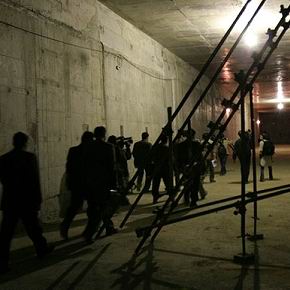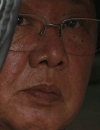 |
||
|
Fire breaks out during Russian nuclear sub repairs, no radiation threat RIA Novosti, PUBLISHED December 30, 2011 A fire broke out at the Yekaterinburg nuclear submarine on Thursday during repairs at a shipyard in northern Russia, the local emergencies ministry department said. Topics: Russia, Nuclear ships, Safety Other news: Russia, U.S. ink uranium enrichment pact for 2013-2022 Sergey Kiriyenko and Daniel Poneman signed the agreement. Iran Busher to enter full operation in March 2012 Ц agency In September, Iran officially opened Bushehr which was completed with Russia's assistance after a long delay. Russia launches fourth unit at Kalinin Nuclear Power Plant Unit went online on Monday. |
Hero of the day 
Iran views of its nuclear issue It is difficult to say what will happen next, especially since the international community is split into two opposing camps on this issue. This article will analyze both of them, also taking into account the situation in Tehran. INTERVIEW
Georgy Toshinsky OPINION
Konstantin Bogdanov |

